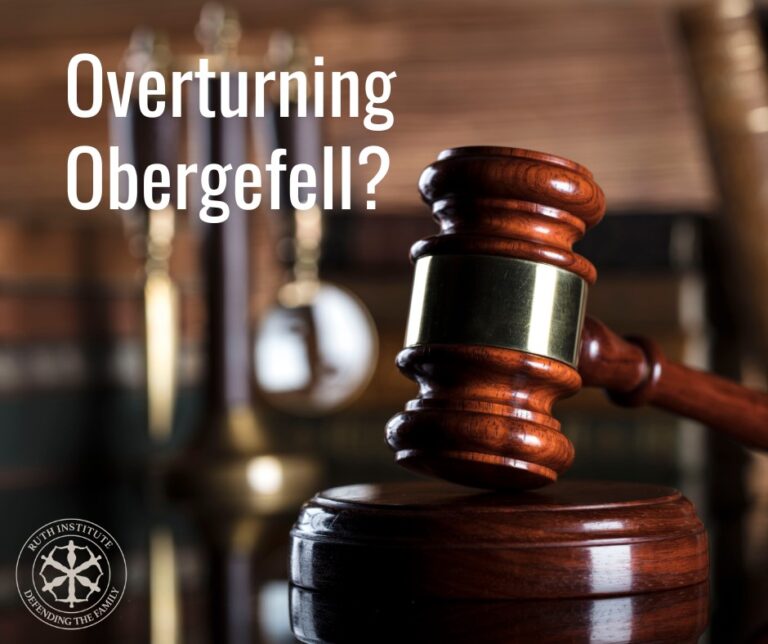by Jennifer Roback Morse
This article was first published Oct. 27, 2019, at NCRegister.com.
A recent study reported, “only 6% of seminarians report sexual harassment.” The
McGrath Institute for Church Life at the University of Notre Dame produced this path-breaking survey. One optimistic conclusion people might draw from
this report is “Sexual abuse in the Catholic Church is no worse than in any other institution of society. People who keep talking about sexual abuse
are just bashing the Church.” In my opinion, comparing sex abuse in the Catholic Church with that in other institutions can serve a valid purpose.
But I think we need to be careful. Some such comparisons can be actively harmful.
Let me take as an example, The Catholic League’s response to the
Notre Dame survey. I choose them because they make a fair statement of a sentiment many people share:
In 2013, Hollaback! commissioned a College Harassment Survey and found that 67 percent of students experienced harassment on campus. In 2006, the American
Association of University Women reported that nearly two-thirds of college students experienced sexual harassment at some point during college.
In 2018, an online survey by Stop Street Harassment found that 81 percent of women and 43 percent of men said they experienced some form of sexual
harassment during their lifetime.Definitions of sexual harassment vary widely, and incidents range from a sexual joke to rape, thus making comparisons difficult. No matter, compared
to life outside the seminaries, the condition in most seminaries today is far better than on college campuses or in the workplace. And they are
a vast improvement over what existed in many seminaries not long ago.
The Catholic League’s mission is to defend the Church from slander. Our highly secularized world is filled with people who hate the Catholic Church and
miss no opportunity to criticize her. The truly committed sexual revolutionaries honestly believe the Catholic Church is not only bad, but the worst
institution ever. I don’t think we should even dignify that statement with a response, should anyone be blunt enough to just blurt it out. The Catholic
League, and anyone who loves the Church, is not wrong to defend the Church against scurrilous attacks.
So far, so good.
We might also console ourselves with comparisons with the average state university or our own institutions in years past. Many faithful Catholics are discouraged
by the sex scandals. They are looking for good news and solace wherever they can find it. Let’s breathe a sigh of relief, avert our eyes and “move
on.”
I understand. I don’t blame people a bit for feeling this way. But we should only take comfort in news that is true. There is plenty of reason for continued
suspicion that things are not A-Okay in our seminaries. As Janet Smith recently observed,
less than half the seminaries and houses of formation even participated in the Notre Dame study. “Moving on” would be premature and even negligent.
To see why, let me offer an analogy that many readers will recognize. Let’s suppose you have a loved one who has a serious addiction or mental illness.
The various family members have complex and contradictory feelings: worry, shame, embarrassment, fear, inadequacy and many others. We are afraid our
drug addicted son is going to permanently ruin his life. We feel helpless to aid our anorexic daughter. We are ashamed that our family’s problems reflect
poorly on us as parents.
In that circumstance, we might look around at our next-door neighbors. On the plus side, maybe we want to emulate someone who dealt with a similar situation
successfully. Maybe we’re trying to avoid something that didn’t work out so well for someone else. That kind of comparison is potentially beneficial.
Alas, we are not always so high-minded. We’re tempted to use the comparison to console ourselves. “At least we aren’t as bad as that family over there.”
But what would be the point? We still have to deal with our own situation. Whatever momentary comfort we might take in keeping one step ahead of the Jones’s,
we still have to get on with our business of taking care of our own hurting family members.
To be sure, our neighbors are watching us, but not necessarily the way we think they are. They are not only judging us for the problem itself. They are
judging us for how we conduct ourselves. “His daughter is on life-support with anorexia and he’s worried what the neighbors will think. What an idiot.”
The secular world criticizes us for our doctrine, which they find too difficult to live by. But living up to our doctrine is the only lasting and authentic
solution to the problem of sexual abuse of the weak and vulnerable. We must show by our actions that we truly believe that Jesus is the “way, the truth
and the life.” Deflection or averting our eyes or changing the subject won’t lead anyone closer to Christ and His Church.
And that really is the bottom line for faithful Catholics who love the Church. How we compare to the Boy Scouts or the Baptists doesn’t matter. Catholic
clergy sex abuse is our mess. We have an obligation to clean it up. We owe it as a duty of justice to those who have been harmed, directly and indirectly.
The world is watching how we handle ourselves.
Our Church really is metaphorically on life support. (Yes, I know about the gates of hell not prevailing and all that. Don’t change the subject.) We must
face this issue squarely and honestly. If we do, we could win many souls. If we don’t, well, let’s just say, Our Lord will have pointed questions for
us on our own judgment day.
I can speak for myself when I say, I intend to see this through to the end.



